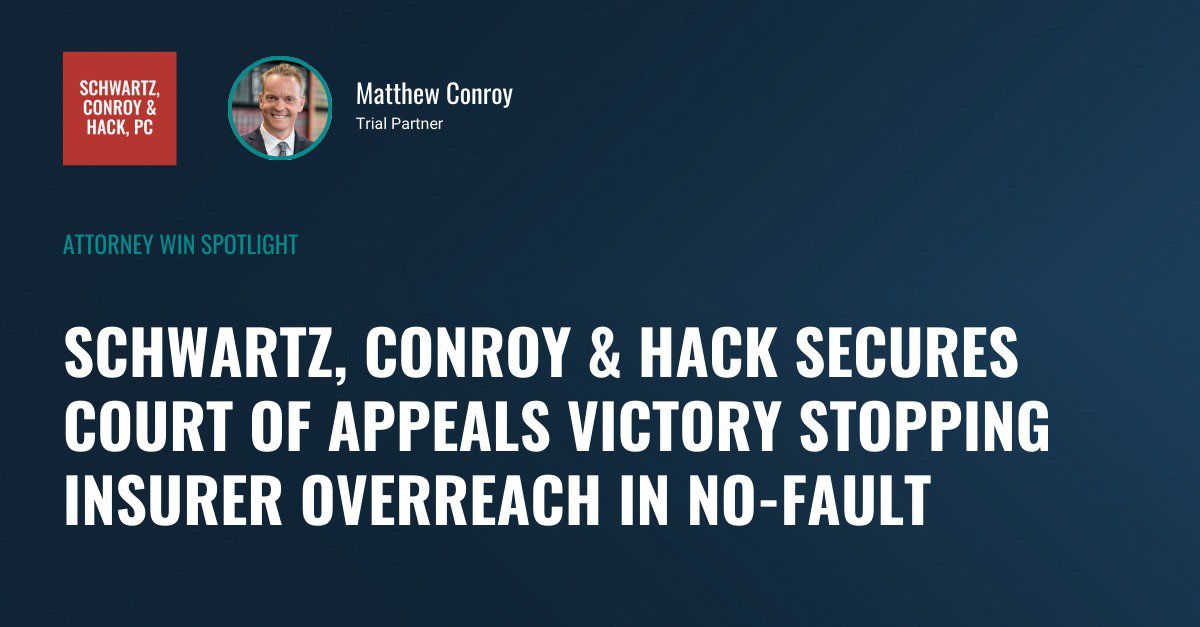When your company is sued for property damage or bodily injuries that occurred gradually over time, it is possible that you have coverage under an insurance policy from years or decades ago. But what happens if you can’t find the old policy? Many courts have weighed in on how to resolve disputes involving insurance policies that have been lost or destroyed.
The Burden of Proof
Generally speaking, when a policy is lost or destroyed, the insured has the burden of proving that coverage exists. Say your company is sued today by parties who claim they were sickened by toxic substances that your company allegedly began releasing 25 years ago. You will want to locate all liability insurance policies that were in effect on or after the date of the initial release, since they may potentially provide coverage. If, however, a relevant policy has been lost or destroyed, you will need to find secondary evidence that is sufficient to prove the existence, terms and limits of the missing policy.
Some courts have held that the insured’s burden of proving the existence and contents of a lost insurance policy is no different than it would be for a party looking to recover under any type of lost contract. In some jurisdictions, the policyholder bears the burden of showing by “clear and convincing evidence” that the lost policy existed and that the claim is covered under its terms and conditions. In other jurisdictions, courts have held that a “preponderance of evidence” is sufficient to prove coverage.
In addition to proving coverage existed, you must demonstrate that you did not lose or destroy the insurance document in bad faith, and that you conducted proper due diligence to try to locate the lost policy.
Once you have established that coverage existed, the burden shifts to the insurer to prove that there were exclusions or exceptions to the coverage.
Secondary Evidence
Courts will generally admit various forms of secondary evidence to establish the existence and contents of a lost insurance document. The evidence must be clear and cannot be subject to conflicting interpretations. Evidence might include annual reports, financial statements, minutes of meetings of the company’s board of directors or insurance committee, correspondence that refers to the policy, check registers, ledgers or other accounting records, certificates of insurance, broker’s placing slips, and contracts with vendors, clients, lessees or contractors that refer to insurance. Testimony of witnesses who are directly familiar with the terms of the document may also be used as supportive evidence. Witnesses can include current and former employees, accountants, attorneys and insurance brokers.
Where to Find Evidence
You can start the search for evidence by delving deeply into your own internal records, including accounting, legal and other relevant departments. Evidence might also come from your insurance broker’s files, which may even contain a duplicate policy. If you were involved in any previous disputes that involved insurance, your outside attorneys’ files may make reference to particular policies.
The Standard Form
If you know what type of policy it was, it may be possible to establish the policy’s terms and conditions by referring to a standard form, such as the standard comprehensive general liability (CGL) policy developed by the Insurance Services Office. However, the fact that the insurer used standard forms will generally not be enough evidence on its own. For instance, in in a case involving a lost automobile policy, the court stated, “The allegation that it was a ‘standard’ policy means nothing. We know of no legislation that defines a standard policy for accident insurance, and it is common knowledge that such policies are capable of many variations … by the use of what are commonly called ‘riders,’ and, even if there were a standard policy, a mere statement that the policy on which suit was brought is such would not be sufficient.”1
However, in another case involving standard forms, the court sided with the policyholder. The insurers in this case were members of the National Bureau of Casualty Underwriters, which required the use of the standard Bureau form. As such, the court found the policyholder had established by clear and convincing evidence that the lost CGL policy’s material terms and conditions matched the standard Bureau CGL form that was in use during the policy period. The insurers argued that the policy terms may have been altered to meet the insured’s unique circumstances, but the court rejected this argument because there was no evidence to that effect. The court held that, in this case, the onus to prove any alterations to the CGL coverage was on the insurers.2
If you are involved in a dispute with your business insurance company, contact us. We have the expertise, experience and tenacity to make insurance companies keep their promises to you and your business.
1 McCoy v. Royal Indemnity Co.,107 Pa. Super. 486, 164 A. 77 (1932)
2 Eastern Enterprises v. Hanover Insurance Co., No. Civ. A. MICV93-01458 (Mass. Super. Ct. Middlesex County Aug. 18, 1995)

